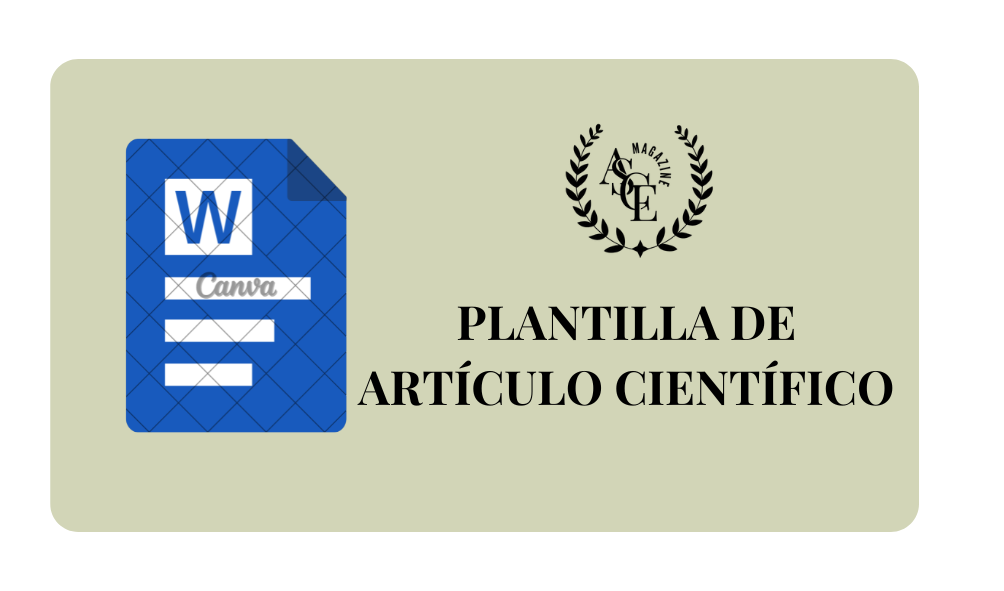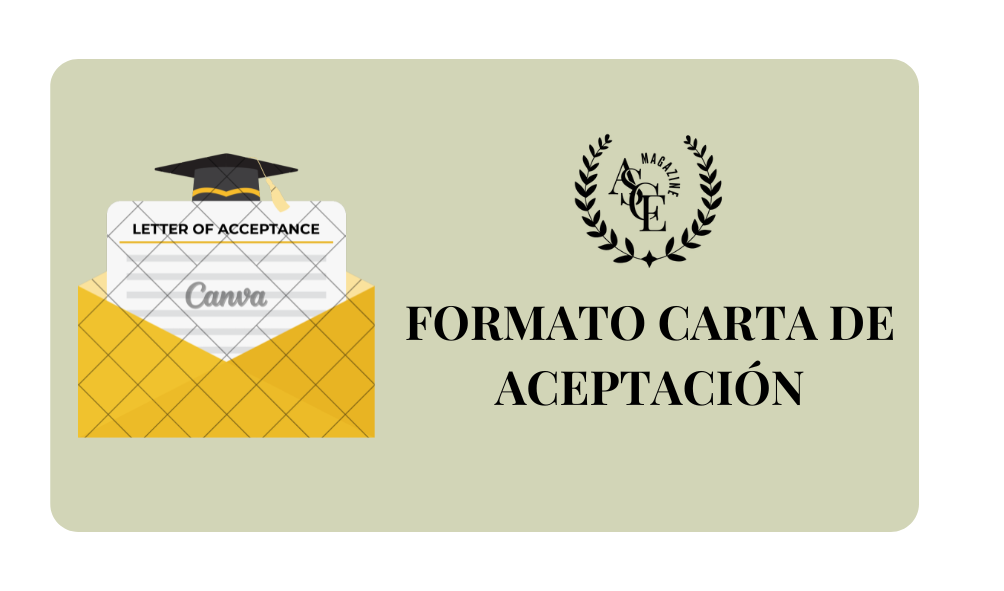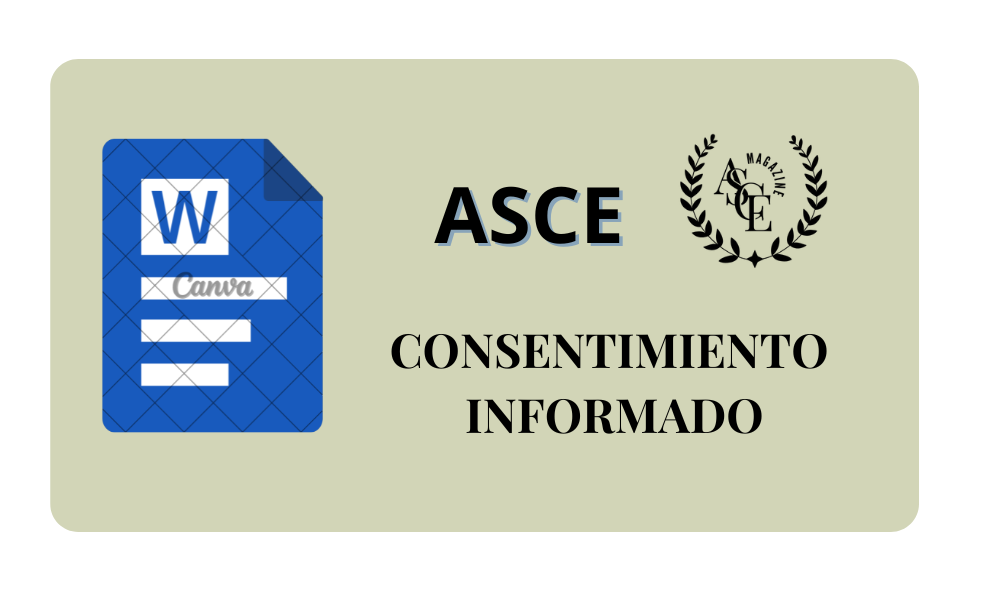Playful activities to enhance meaningful learning in early childhood development.
DOI:
https://doi.org/10.70577/ASCE/218.232/2025Keywords:
Playfulness; Play; Learning; Meaningful; StrategyAbstract
Playfulness offers a versatility of possibilities to stimulate learning from the classroom, and as a tool, it facilitates the child's transition from home to school. However, its valuable utility is often neglected as the child progresses through the school years, with priority given to the use of basic resources such as the blackboard. Play grounds its pedagogical value in the fact that it is considered an agent that fosters experiences, amidst dynamics and interactions that allow the child to be curious, inquire, draw their own conclusions, solve problems, enhance their creativity and imagination, all while developing other social skills. Playful activities allow for the consolidation of knowledge that gives way to meaningful learning. In light of this, the factors that influence its use in the classroom were analyzed, with a population and sample of students in the 2nd, 3rd, and 4th grades of Basic Education, whose ages range between 6 and 8 years old, who were observed using an observation sheet. Additionally, three guiding teachers were interviewed. The results demonstrate the pedagogical effectiveness of playful activities in favor of meaningful learning. Therefore, it is necessary to revalidate its continuous application in the teaching context to support the cognitive development of the child.
Downloads
References
115-122. https://doi.org/10.29344/07180772.33.2140 DOI: https://doi.org/10.29344/07180772.33.2140
Arias, F. (2012). El proyecto de investigación introducción a la metodología científica (Sexta). Episteme. https://abacoenred.org/wp-content/uploads/2019/02/El-proyecto-de-investigaci%C3%B3n-F.G.-Arias-2012-pdf-1.pdf
Ausubel, D. (1968). Psicología educativa, Un punto de vista cognoscitivo. Trillas. https://es.scribd.com/document/461254772/Ausubel-1980-Psicologia-educativa-pdf
Borja, Y. M. C., & Benavidez, J. (2020). ACTIVIDADES LÚDICAS EN EL PROCESO DE ENSEÑANZA-APRENDIZAJE DE LOS ESTUDIANTES DE BÁSICA SUPERIOR. . . pp., 5(3). DOI: https://doi.org/10.33936/rehuso.v5i3.3194
Herrera, M. P. M. (2020). Análisis de la concepción de docentes y estudiantes sobre el juego como recurso didáctico para el aprendizaje: Experiencia en la educación primaria. Revista Latinoamericana de Estudios Educativos (México), L(1), 251-274. DOI: https://doi.org/10.48102/rlee.2020.50.1.13
Moya, B. (2024). El juego como estrategia lúdica en el proceso enseñanza-aprendizaje. 10(2). file:///C:/Users/maxxi/Downloads/Dialnet-ElJuegoComoEstrategiaLudicaEnElProcesoEnsenanzaapr-9690714.pdf
Mozos, A., López, M., Pecci, M., & Herrero, T. (2010). El Juego Infantil y su Metodología. https://www.mheducation.es/bcv/guide/capitulo/8448171519.pdf
Salazar-Escorcia, L. S. (2020). Investigación Cualitativa: Una respuesta a las Investigaciones Sociales Educativas. CIENCIAMATRIA, 6(11), 101-110. https://doi.org/10.35381/cm.v6i11.327 DOI: https://doi.org/10.35381/cm.v6i11.327
Seis Estudios de Psicología. (1964). Labor S.A. https://dinterrondonia2010.pbworks.com/f/Jean_Piaget_-_Seis_estudios_de_Psicologia.pdf
UNICEF. (2018). Aprendizaje a través del juego. https://www.unicef.org/sites/default/files/2019-01/UNICEF-Lego-Foundation-Aprendizaje-a-traves-del-juego.pdf
Downloads
Published
How to Cite
Issue
Section
License
Copyright (c) 2025 Dalia Alexandra Palacios López, Boris Daniel Álava Jordan, María Del Cisne López Cabrera , Rosa Elizabeth Albuja Quillupangui

This work is licensed under a Creative Commons Attribution-NonCommercial-NoDerivatives 4.0 International License.






























